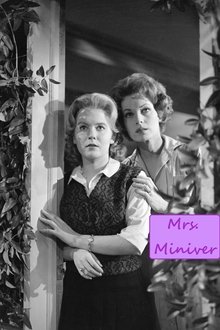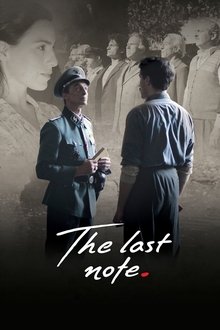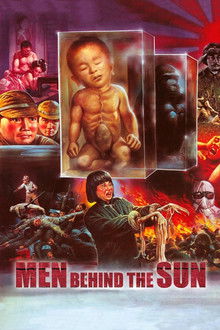Orphaned after a Nazi air raid, Paulette, a young Parisian girl, runs into Michel, an older peasant boy, and the two quickly become close. Together, they try to make sense of the chaotic and crumbling world around them, attempting to cope with death as they create a burial ground for Paulette's deceased pet dog. Eventually, however, Paulette's stay with Michel's family is threatened by the harsh realities of wartime.
Related Movies
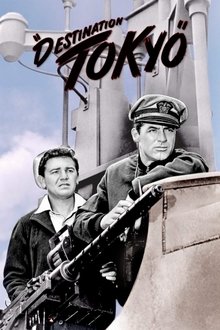
Destination Tokyo (1943)
During World War II, Captain Cassidy and his crew of submariners are ordered into Tokyo Bay on a secret mission. They are to gather information in advance of the planned bombing of Tokyo. Along the way, the crew learn about each other as they face the enemy and some of them lose their lives.
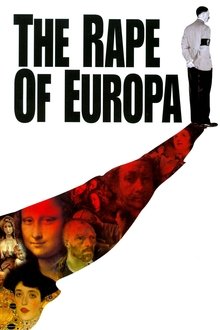
The Rape of Europa (2007)
World War II was not just the most destructive conflict in humanity, it was also the greatest theft in history: lives, families, communities, property, culture and heritage were all stolen. The story of Nazi Germany's plundering of Europe's great works of art during World War II and Allied efforts to minimize the damage.
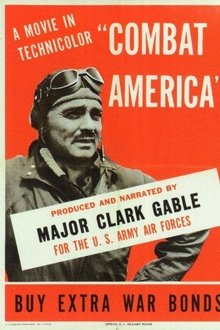
Combat America (1943)
Produced in 1943 under the guidance of Army Air Force Lieutenant Clark Gable, this film follows a single 8th Air Force B-17 crew from training through a series of missions over Europe.
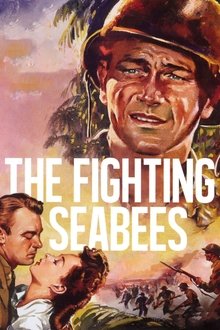
The Fighting Seabees (1944)
Construction workers in World War II in the Pacific are needed to build military sites, but the work is dangerous and they doubt the ability of the Navy to protect them. After a series of attacks by the Japanese, something new is tried, Construction Battalions (CBs=Seabees). The new CBs have to both build and be ready to fight.

Thorn (2018)
Newlyweds Lisa and Jacob leave for their honeymoon somewhere in the Danish countryside. Their love and faith for each other will soon turn into bitterness and fear.

Peter a Lucia (1968)
Television production about love killed by the rampage of war. It depicts two months of a fragile relationship between a student, Peter, and an amateur painter, Lucie. In Easter week, the young couple's love was supposed to reach its climax, but the lovers' fate is tragically fulfilled - they die in a bombing raid in the ruins of a church.

Awakened Demon (2021)
It tells the story of Hong Hai Er, who was already adopted by Guanyin Bodhisattva as the Fortune Kid. He followed the mentor’s order to practice at the Test of Fate. Hong Hai Er wanted to become a hero but was excluded by others due to his mixed heritage of immortal and demon. Facing misunderstandings and the imminent catastrophe, Hong Hai Er abandoned stereotypes and aggressiveness resolutely at the critical moment and battled the evil bravely with Ne Zha and Miss Dragon. Eventually, he beat the evil and won the recognition of everyone.
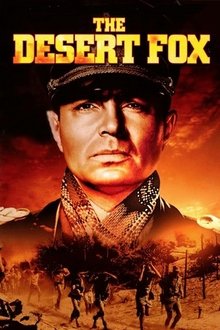
The Desert Fox: The Story of Rommel (1951)
The life and career of Erwin Rommel and his involvement in the plot to assassinate Hitler.

The Swedish Connection (2026)
This is a Swedish story of an unknown hero, Gösta Engzell, a down-prioritised bureaucrat at the Swedish Foreign Ministry during the 2nd World War who saved thousands of lives and turned the so-called neutral Sweden into a moral superpower along the way.
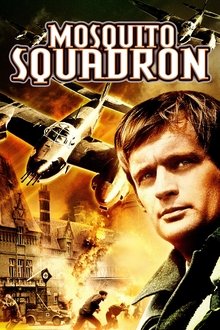
Mosquito Squadron (1969)
England, World War II. Quint Munroe, RAF officer and new leader of a Mosquito squadron, is tasked with destroying a secret Nazi base in France while trying to overcome the disappearance of a brother-in-arms.
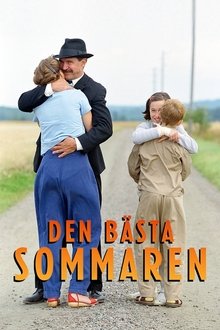
A Summer Tale (2000)
The summer of '58, the year Sweden almost won the world championship in soccer over Brazil, Yngve Johansson accepts two children to live with him during the summer, as told through the eyes of a young boy. His name is Mårten, and the other child's name is Annika. She is a rough girl, with many problems. The three of them do not get along, and Yngve is a true dictator to the children's eyes. However, when the children discover that their new guardian has a crush on their teacher (Cecilia Nilsson), they do what they can to bring the two together. Soon enough, the three will discover that they have a lot more in common than they previously imagined, and together they can make their lives worth living again. This is a sweet story about life in Sweden in the mid 1900's. It is about family, love, hate, innocent friendship that we all can relate to, and much, much more...
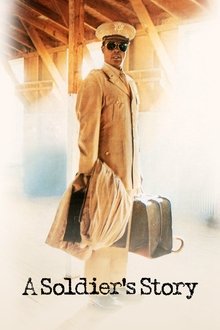
A Soldier's Story (1984)
In a rural town in Louisiana, a black Master Sergeant is found shot to death just outside the local Army Base. Military lawyer, Captain Davenport—also a black man—is sent from Washington to conduct an investigation. Facing an uncooperative chain of command and fearful black troops, Davenport must battle with deceit and prejudice in order to find out exactly who really did kill the Master Sergeant.
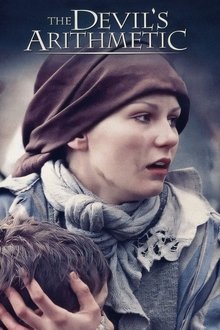
The Devil's Arithmetic (1999)
An American-born Jewish adolescent, Hannah Stern, is uninterested in the culture, faith and customs of her relatives. However, she begins to revaluate her heritage when she has a supernatural experience that transports her back to a Nazi death camp in 1941. There she meets a young girl named Rivkah, a fellow captive in the camp. As Rivkah and Hannah struggle to survive in the face of daily atrocities, they form an unbreakable bond.

Separate Rooms (NaN)
Fleeing from the image of his boyfriend who recently committed suicide, Leo arrives in England in order to descend into anonymity. Yet even here his mind continually turns to the reality of his lover’s death and their experiences together.
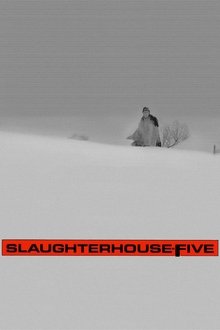
Slaughterhouse-Five (1972)
Billy Pilgrim, a veteran of the Second World War, finds himself mysteriously detached from time, so that he is able to travel, without being able to help it, from the days of his childhood to those of his peculiar life on a distant planet called Tralfamadore, passing through his bitter experience as a prisoner of war in the German city of Dresden, over which looms the inevitable shadow of an unspeakable tragedy.
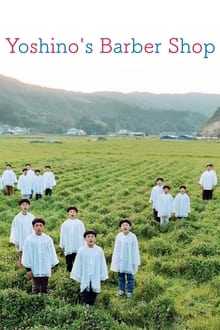
Yoshino's Barber Shop (2004)
In a small town on the countryside, every young boy is forced to have the same bowl-head haircut known as the "Yoshino-gari" hairstyle. Then one day, a drastic change occurs when a transfer student with bleached hair comes from Tokyo.
